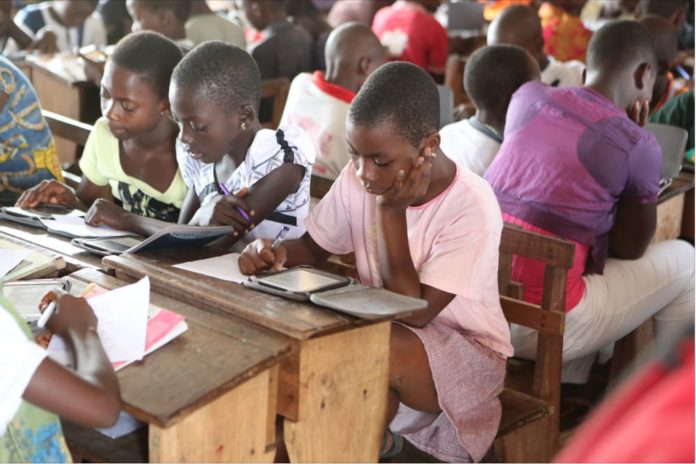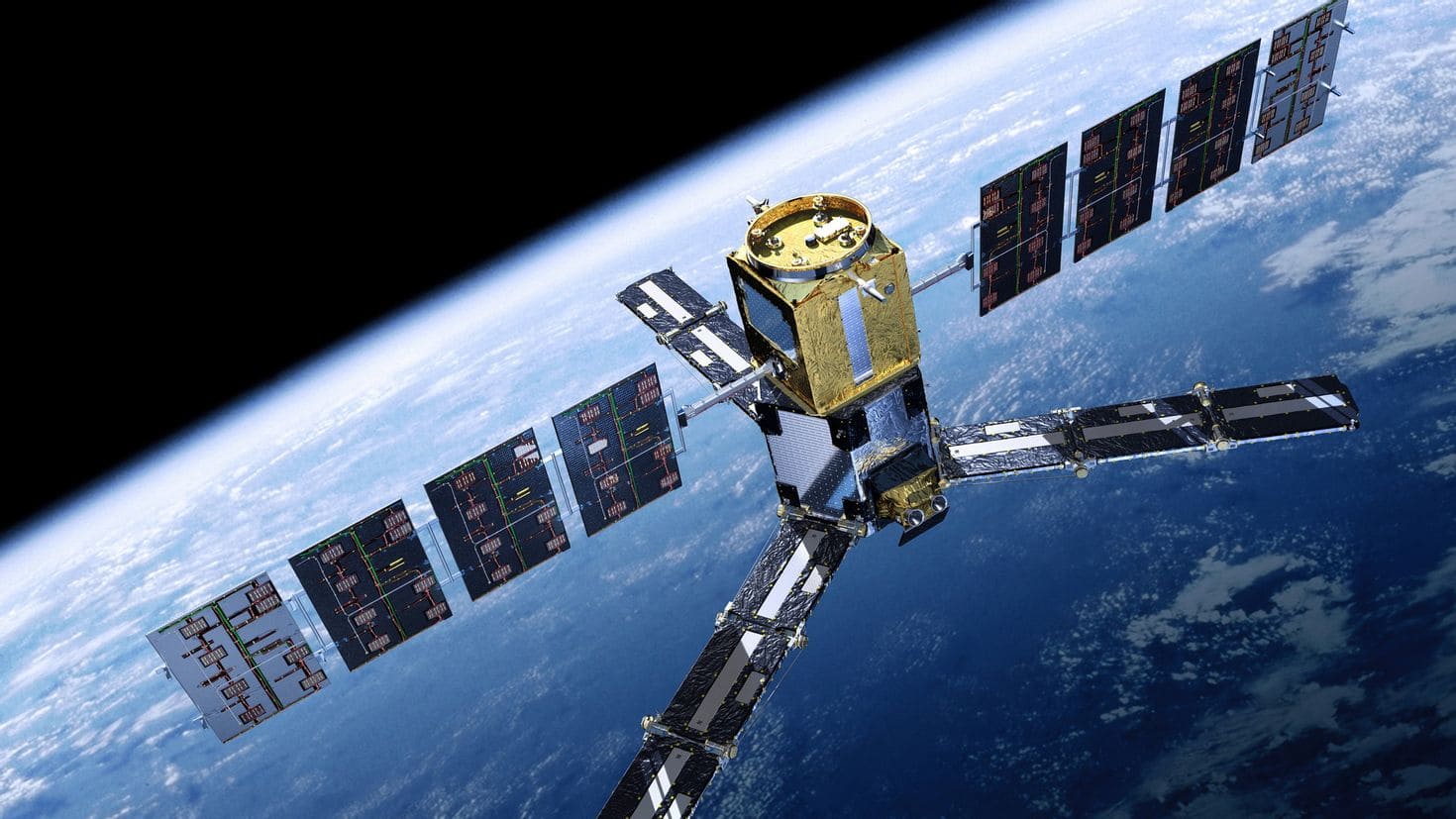Education is a cornerstone of development, yet many remote African villages lack access to quality educational resources. The disparity between urban and rural education is stark, with rural areas often left behind due to inadequate infrastructure and resources. Satellite education (satellite technology) — a beacon of hope that is bridging these gaps and transforming education in remote African villages.
The digital divide in Africa
The digital divide refers to the gap between those who have easy access to the internet and technology and those who do not. In Africa, this divide is particularly pronounced, especially in remote villages where basic amenities like electricity and internet connectivity are scarce. This lack of access hinders educational opportunities and perpetuates cycles of poverty.
Emergence of satellite technology
Satellite technology, initially developed for communication and broadcasting, has evolved dramatically over the past few decades. Satellites orbiting the earth can provide internet access to even the most isolated locations by transmitting signals that ground stations receive and distribute. This technology is now a pivotal tool in delivering educational content to remote areas.
Role of satellites in education
Satellites have revolutionized education by providing access to a wealth of resources that were previously unattainable. They enable real-time communication, allowing students to attend virtual classes and interact with teachers from around the world. This connectivity opens doors to global knowledge, fostering a more inclusive and comprehensive educational experience.
Case studies of satellite education programs
Example 1: Ghana
In Ghana, satellite technology has been leveraged to broadcast educational programs to remote villages. These broadcasts include lessons in various subjects, educational documentaries, and interactive sessions with teachers. The impact has been significant, with improved student performance and engagement.
Example 2: Kenya
Kenya has also embraced satellite education, particularly in its northern regions. Projects like the ‘Connect to Learn’ initiative have equipped schools with satellite dishes and internet connectivity, enabling students to access digital textbooks and online courses. The program has seen remarkable success, with increased literacy rates and better exam results.
Benefits of satellite education
The introduction of satellite education in remote African villages has yielded numerous benefits:
- Improved literacy rates: access to consistent and quality educational content has helped boost literacy rates in rural areas.
- Global knowledge: students are exposed to global perspectives and information, enhancing their learning experience and broadening their horizons.
Challenges in implementing satellite education
While the benefits are clear, implementing satellite education comes with its own set of challenges:
- Infrastructure issues: remote villages often lack the necessary infrastructure to support satellite technology, such as reliable electricity and internet access.
- Cost and funding: the initial setup and ongoing maintenance of satellite education systems can be costly, requiring substantial investment from governments and donors.
Government and NGO initiatives
Recognizing the potential of satellite education, both governments and non-governmental organizations (NGOs) have stepped up to support these initiatives. Policies are being crafted to facilitate the deployment of satellite technology, while NGOs are providing the necessary resources and training to ensure its success.
Technological innovations enhancing satellite education
Recent innovations have made satellite education more feasible and sustainable. Solar-powered satellite dishes, for example, offer a solution to the lack of electricity in remote areas. Additionally, low-cost devices like tablets and laptops are being distributed to students, making digital education more accessible.
Training teachers for satellite-based education
Effective satellite education requires well-trained teachers who can navigate digital tools and deliver online lessons. Training programs have been established to equip teachers with the necessary skills, ensuring that they can provide high-quality education through satellite technology.
Community involvement and support
The success of satellite education also depends on the support and involvement of local communities. When communities are engaged and supportive, the implementation of satellite technology is smoother and more effective. Success stories from various villages highlight the positive impact of community involvement in these projects.
Future of satellite education in Africa
Looking ahead, the future of satellite education in Africa is promising. Technological advancements and increased investment will likely lead to even greater connectivity and educational opportunities for remote villages. The long-term impact on society could be profound, breaking the cycle of poverty and fostering sustainable development.
In conclusion, satellite technology is transforming education in remote African villages by providing access to essential resources and bridging the digital divide. While challenges remain, the benefits far outweigh the obstacles, offering a brighter future for millions of students. As we continue to innovate and invest in these technologies, the dream of universal education in Africa becomes increasingly attainable.



